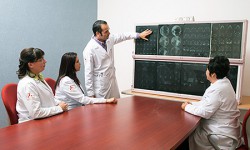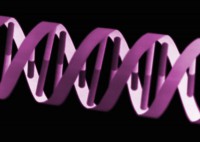
At our Issels® Integrative Immuno-Oncology centers, we treat a wide variety of cancers including lung cancer. As previously mentioned, we offer this blog to give patients, caregivers, doctors, researchers, educators and students as much information as possible about new, beneficial immunotherapy advances that we feel can help patients.
As reported in May in the New England Journal of Medicine, a recent study found that nivolumab (Opdivo), a new immune checkpoint inhibitor drug that reveals cancer cells that pretend to be healthy cells to help push the immune system to destroy the cancer, is stopping the spread of melanoma and lung cancers almost two times better than ipilimumab (Yervoy).
Side Effects
Side effects with all immunotherapy drug treatments continue to be a problem for as many as 70 to 80 percent of patients. These two drugs were no different. Both caused side effects and the effects increased when the drugs were tested in combination.
Positive Outcomes
Researchers believe the outstanding results outweigh any side effects given there were no deaths during a trial that focused on 945 patients who had advanced and untreated melanoma. Best yet:
- Patients who received nivolumab experienced a 7-month disease slowdown and a 34 percent tumor reduction versus a 3-month ipilimumab slowdown and 6 percent tumor reduction.
- Combining both drugs resulted in a 11.5-month slowdown and a 52-percent reduction.
We believe at Issels® that the discovery of nivolumab (Opdivo) as a lung cancer treatment option, and the discovery of the higher effectiveness of the drug when used in combination with ipilimumab (Yervoy), represent incredible breakthroughs in immunotherapy and non-toxic treatment solutions. Contact us today for more information or to schedule an appointment.





